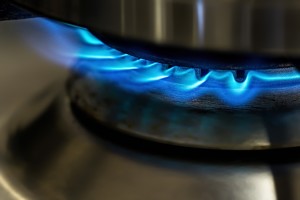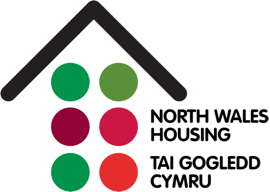We take your safety very seriously. It is important to us that you and your family live safely in your home. Below we offer advice and guidance on some of the things to consider to make sure you’re safe in your home.
Gas safety
We are legally responsible for making sure that gas appliances, gas piping and flues in your home are well maintained and safe. A gas safety check is carried out every year by a gas engineer who is registered with Gas Safe.
It is very important you let us into your homes to carry out these gas safety checks. We have to carry out an annual gas service by law, whether you use your gas supply or not.
The Repairs Team will make an appointment with you. If the suggested time and date is not suitable, please rearrange. Failure to let us into your home will result in legal action by applying to the court for an “injunction for access”.
 Report it immediately to National Grid on 0800 111 999
Report it immediately to National Grid on 0800 111 999- Turn off the gas supply at the main gas meter
- Open the doors and window
- Do not switch any electrical equipment on or off, including the lights, as this could cause an explosion
- Do not smoke, strike matches or light candles
Carbon monoxide safety
You can find out more about Carbon Monoxide safety here.
Fire safety
What to do if there is a fire
- Don’t try and tackle the fire yourself
- Keep calm and act quickly, get everyone out as soon as possible
- Don’t investigate or rescue valuables
- If there is smoke keep low where the air is clear
- Before you open a door check if it’s warm – if it is, don’t open it as fire is on the other side
- Call 999 as soon as you’re clear of the building and stay out
For information about keeping safe at home tenants are also advised to visit the North Wales Fire & Rescue Service’s website.
For a Free Home Fire Safety Visit by North Wales Fire and Rescue Service call their Freephone number on 0800 169 1234.
Electrical safety
There are some simple steps you can take to help prevent electric shocks and fire in your home. These include:
- Not overloading plug sockets
- Regularly check for worn or frayed wires
- Unplug appliances when not in use
- Keep appliances clean and in good working order
- Fully unwind extension cables prior to their use
Further advice can be found here

